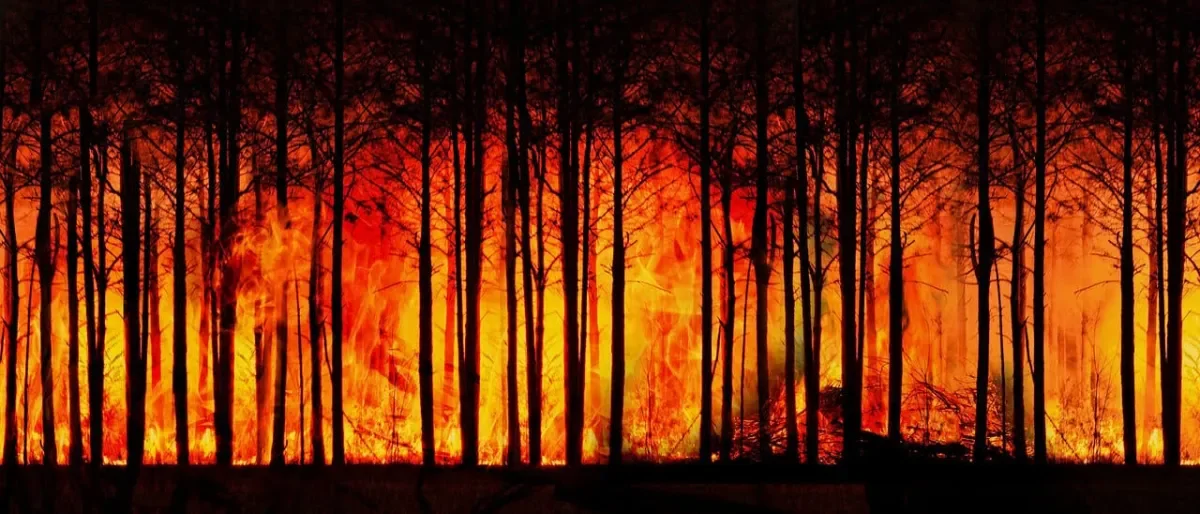

Climate Change Media Masterclass series
The DCU Institute for Climate and Society with support from Coimisiún na Meán is offering a series of online sessions aimed at helping journalists strengthen and deepen their climate change coverage.
This online course will run weekly during lunchtimes from late September through October. Exact dates are TBC - we are asking stakeholders to register their interest in advance by emailing david.robbins@dcu.ie
Session 1 - the basics of climate science for journalists
Session 2 - the role of the media in the climate crisis
Session 3 - the role of communications and media in societal change
Session 4 - UN, EU, and national climate policy explained for journalists
Session 5 - how to cover corporate sustainability
Session 6 - the role of storytelling and solutions-oriented journalism
Course format:
- Each session will last approximately one hour;
- The first 30 mins will set out the context and available research on that week’s topic;
- The next 20 minutes will feature a “fireside chat” style Q&A session with a journalist working in the area under discussion.
- The final 10 minutes will be devoted to questions from the attendees.
Session 1 – the science of climate change – Dr Darren Clarke
This session builds on the information on basic climate science supplied in the pre-course materials
It is reporter-focused, looking at how journalists can best understand and report scientific reports (IPCC reports, temperature anomaly reports, climate change attribution studies)
Session 2 the role of the media in the climate crisis – Dr Dave Robbins
- What is the proper role of the media is covering environmental issues? Informing the public? Advocate for climate action? Hold power to account?
- How do traditional values such as objectivity, fairness, and balance survive contact with climate change?
- What are the challenges faced by the media in covering climate change?
Session 3 – the role of communication in social and political change – Dr Declan Fahy
- Why societies disagree about the “wicked problem” of climate change
- How communication and persuasion work in relation to climate action
- The main political players in the climate space
- ENGOs and other lobbyists active on climate change
- The power dynamics of social movements and politics
- The role of communication in the diffusion of low-carbon technologies through society
- The roles of dialogue and deliberation in mobilising climate publics
Session 4 – How to cover climate policy – Dr Darren Clarke
- How to decode climate policy and climate action plans
- How to cover COPs
- How to navigate climate policy at national, EU, and UN levels
Session 5 – how to cover corporate sustainability – Dr Aideen O’Dochartaigh
- Approaches to CSR and ESG
- Reporting obligations on companies
- CSRD and the EU Green Taxonomy
- How to spot greenwashing
- How to read a sustainability report – what to look for, and importance of science-based targets
Session 6 – solutions journalism and positive storytelling – Prof Pat Brereton
- The role of other media – TV, film, documentary
- Definitions and origins of solutions journalism
- Examples of solutions journalism
- Need for positive imaginaries
